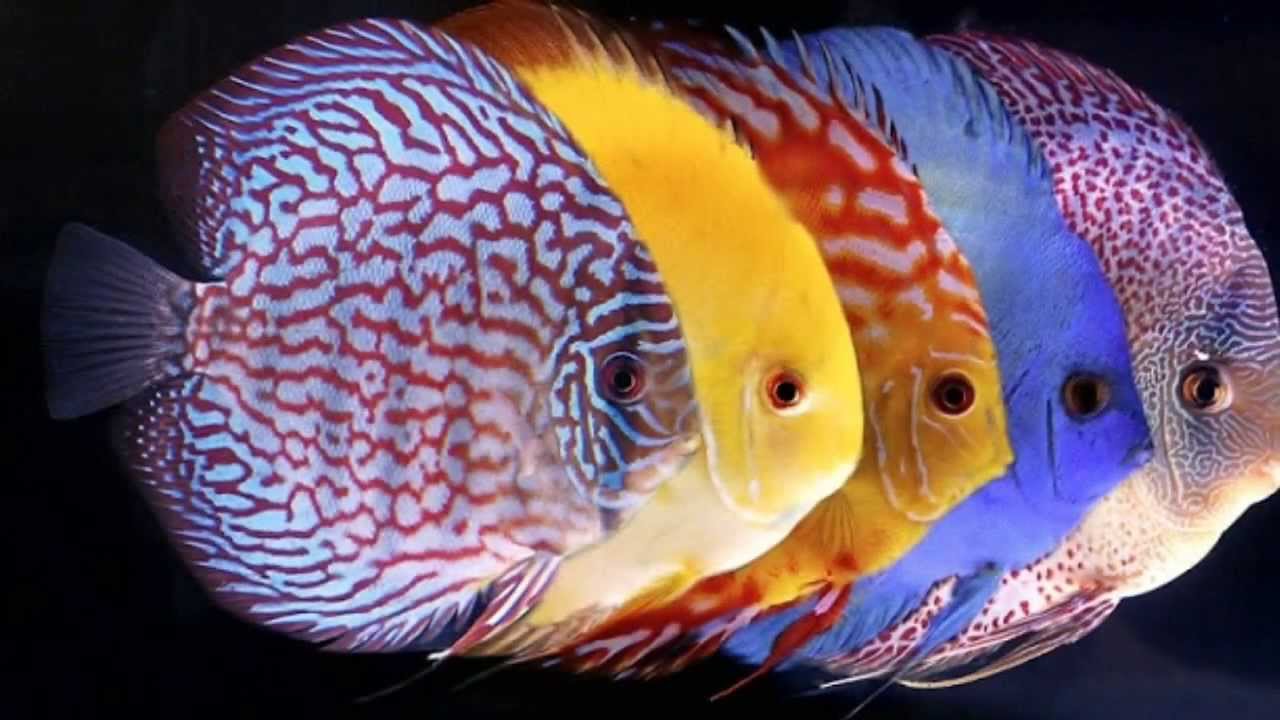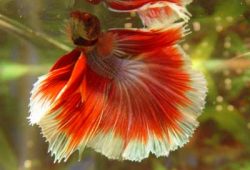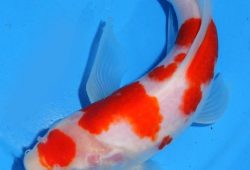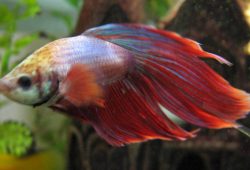Discus Fish
Discus fish are remarkably beautiful which makes them a very popular choice for aquariums. Moreover they also come in a wide variety of colors, sizes and shapes. The Discus fish is originally a native of the Amazon basin in South America. Since it is very difficult to create and maintain aquarium conditions similar to their natural habitats, Discus fish require high maintenance and a lot of work.

When you are buying a Discus fish you should doubly make sure that it is healthy. This will be evident by its movements. A healthy fish should rush about looking for food, should be generally active, have a uniformly round shape and should not have any wound or other deformities.
Before you introduce a Discus fish into a tank you should prepare the tank appropriately. Discus fish should ideally be kept in tanks which do not have any other species of fish. You have to condition the environment of the tank to specifically suit the requirements of these fish. They should have large substrate filters that can run 1000 to 1200 liters of water an hour. Regarding the water, Discus fish thrive on warm water, ideally the temperature should hover between 28 – 30 degrees centigrade.
While purchasing a Discus fish you should always enquire what it is being fed. Since Discus fish are shy by nature, when you introduce them to the new surroundings of your tank they would feed better if they find familiar food. But as they begin to get used to the new surroundings, you can go ahead and introduce variety in the food. In fact this is necessary for adult fish.
A grown up Discus fish would require good quality pellet or flake, since it is carnivorous, you should also occasionally feed it with frozen or live food, this could contain brine shrimp, blood worms as well as “Discus Menu” which is a special preparation for Discus fish containing beef heart. If you have fish which are still growing then you should feed them 4 to 5 times a day. On the other hand, the grown up fish can be fed twice a day.
Discus fish have been known to live up to the age of 15 years when they have been well cared for. Their cost can range from $25-$30 for the small fish to $150 for large ones. The rarer varieties can be priced as high as $400.



